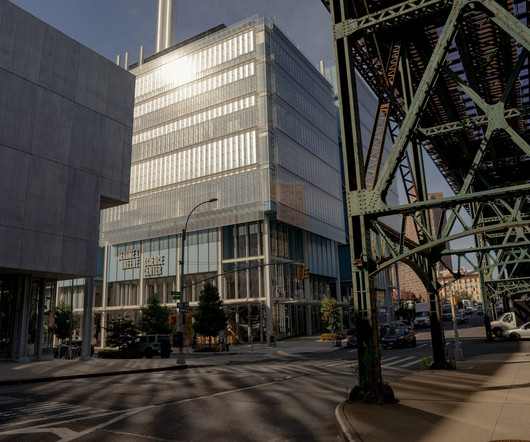David, Goliath, and the Future of the U.S. K-12 OER Movement
Doug Levin
FEBRUARY 21, 2016
K-12 education system by open educational resources (OER) since 2009, although my first exposure to the ideas and leaders of the movement stretch back to the launch of the MIT OpenCourseWare initiative. I’ve been engaged in thinking deeply about the promise and opportunity afforded the U.S.


















Let's personalize your content